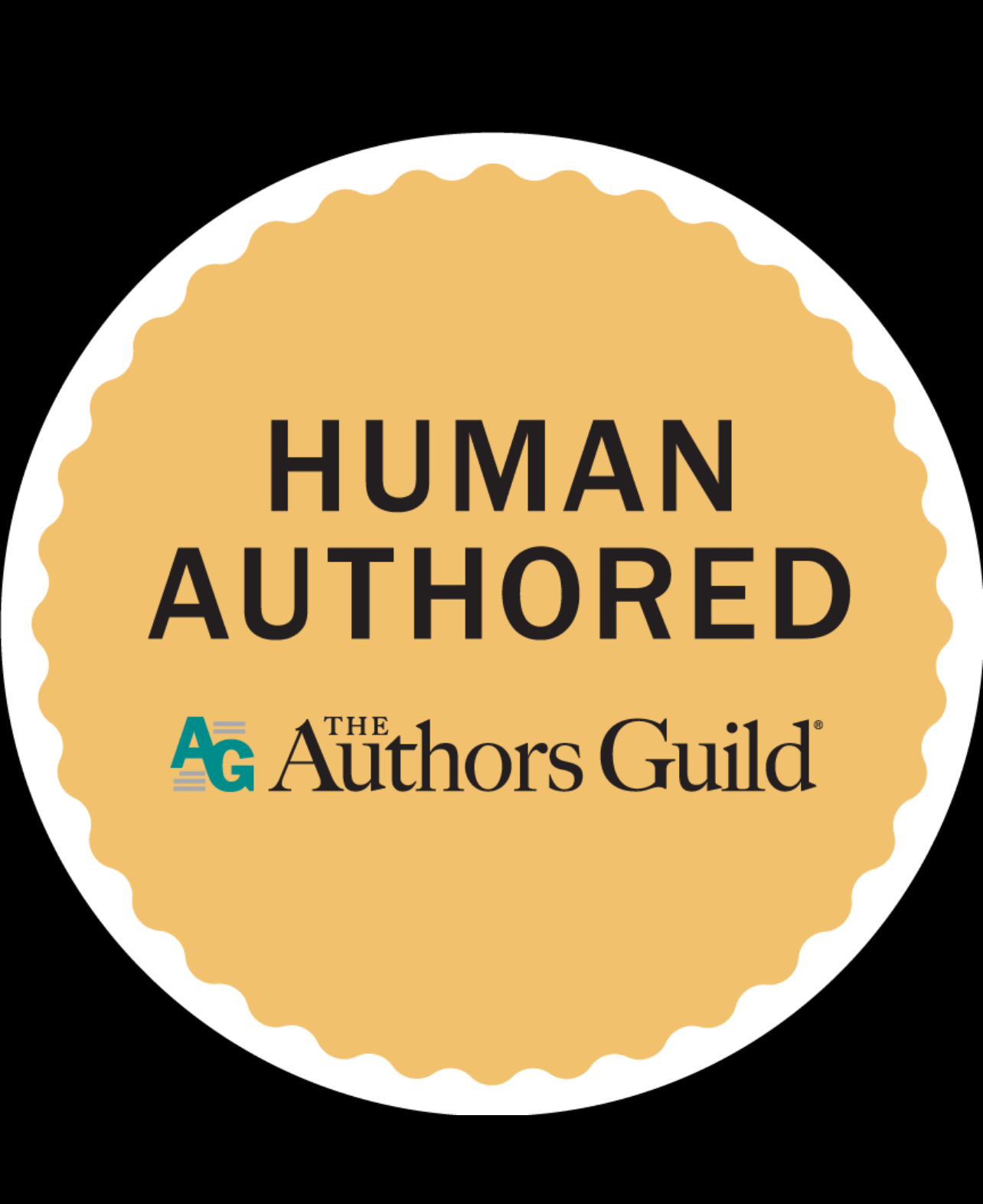Jacob Shamsian, Business Insider; ChatGPT came up with a 'Game of Thrones' sequel idea. Now, a judge is letting George RR Martin sue for copyright infringement.
"When a federal judge decided to allow a sprawling class-action lawsuit against OpenAI to move forward, he read some "Game of Thrones" fan fiction.
In a court ruling Monday, US District Judge Sidney Stein said a ChatGPT-generated idea for a book in the still-unfinished "A Song of Ice and Fire" series by George R.R. Martin could have violated the author's copyright.
"A reasonable jury could find that the allegedly infringing outputs are substantially similar to plaintiffs' works," the judge said in the 18-page Manhattan federal court ruling."
